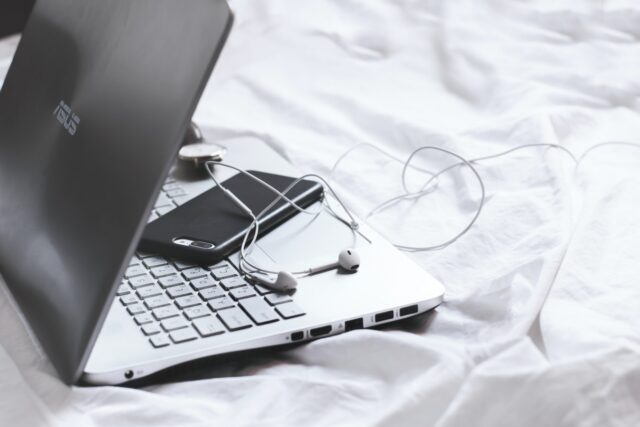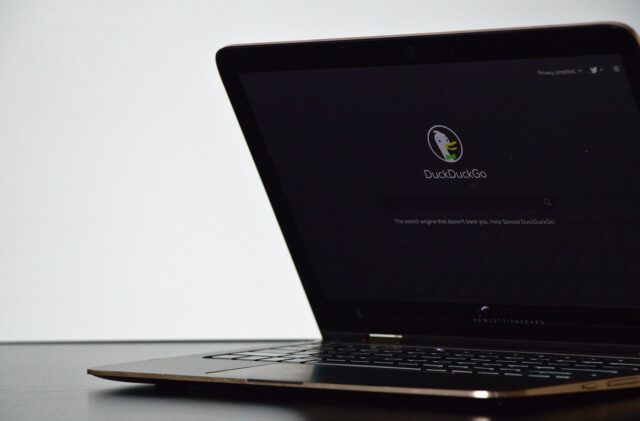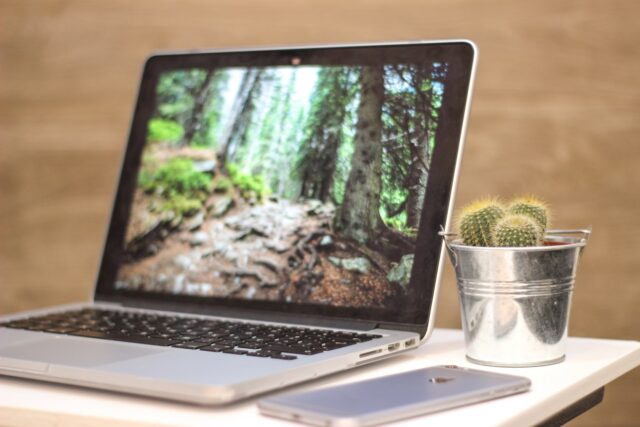
Buying a new laptop is an expensive ordeal. When it comes to hardware, one can always find a moderately powerful computer at a cheaper price on a secondhand market. However, buying such a laptop comes with a number of disadvantages. There are many reasons why someone should think hard and well before confirming a purchase and here we will go through some of the most prominent things to pay attention to.
The Need
This is the first thing someone should think about before buying anything in general. What are the needs and will the product be enough, or utilized enough to justify the purchase? Think about the sort of software one is going to be using. This can be anything from basic browsing to heavier programs like Adobe’s products.
Laptop hardware is more than usually underpowered in comparison to the desktop equivalents due to the size, energy conservation which transfers to better battery life, size, and the weight of the product. The last one is something a lot of people usually overlook when purchasing but keep in mind that beefy laptops can be anywhere over 3 kilograms or almost 7 pounds in weight.
Hence, if you are going to be walking around a lot it’s going to quickly become a painful ordeal. Lenovo offers a very good selection of light computers as well as some words of wisdom for everyone who wants to buy used hardware.

Back to the point though, the need always narrows down the selection by the biggest margin. This means that if someone wants to utilize a computer for video editing the central processing unit (CPU) must be at least equivalent to intel’s i5 or better, ideally with some kind of dedicated graphical processing unit (GPU) to share the load. It is to be noted that even the lightest programs running on the device require some kind of power. This includes things such as browsers or even flash games.
A recent interview with a representative of Playamo India, an online casino company, has proven that even the most lightweight programs are starting to target next-gen technology, meaning that many customers could be alienated from their favorite products. Due to this, a dedicated GPU is a safe bet for anyone purchasing a computer.
Although CPU on its own with its integrated graphics can work around such games, it will cause a higher workload, higher temperature output, and a higher chance of burning the hardware out. If one wants to do some basic programming a computer without a dedicated GPU will also be enough, since most of the IDE environments can be worked around using an augmentable text editor like Sublime Text or Notepad++.
Before confirming a purchase it is always recommended to check online reviews and see what people state about the longevity of the computer under long periods of operating time.
Outside Inspection

Once you get acquainted with what your needs are, on goes the selection of the actual laptop. However, it’s not as easy as looking up some pictures online and buying it straight away. In the case of secondhand hardware, it is always recommended to personally go and check out the product before actually buying it.
A lot of people like hiding outside flaws by selecting better angles for pictures. Make sure that the frame is free of any cracks and signs of impact. Check for missing screws, loose hinges, and any other irregularities. However, do not expect a used laptop to be in a pristine condition.
Test out ports and CD/DVD drive for any loose parts. Everything connected to any ports should be firmly sitting in the socket. By applying very light force the USB should not start disconnecting randomly. Check for Ethernet connector, VGA/DVI/HDMI ports, SD card slots, and every other available input and be rigorous with more important things that may not be often used or checked at that. Many of these ports are directly attached to the motherboard, which means that swapping them out down the line will potentially result in big expenses.
Screen Condition

Make sure to check the screen. There are loads of youtube videos offering free bright-colored images, which can be used to check for dead pixels or any problems with the screen image quality. Do not forget to check the viewing angles on the computer as the laptop is not a stationary unit. You will be using it in different physical conditions so viewing angles are something to be aware of.
Webcam and Speakers
This may seem like a nuisance, however, a lot of times the speaker condition is highlighting some deeper rooted problems with the connectivity on the motherboard. Check the reviews about the sound quality of the same laptop in a brand new condition and then see if the used one has any problems on top of it. The sound may be cracking or losing the quality of the higher volume.
Battery
One may not be able to do a thorough battery health inspection on the spot, however, it is strongly recommended to check the battery settings in the operating system installed on the computer to see what software says about the battery health. Overall statistics of battery life can yield much more reliable information than just what the seller tells you.
Keep in mind that a lot of lithium-ion batteries, in damaged condition, can easily catch on fire and cause the whole laptop to be destroyed. For example, back in 2018, Lenovo has recalled over 80,000 laptops as a potential fire hazard. Apart from this, the laptop battery may have issues charging even though the indicator may show the opposite.
Final Words

In conclusion, there are many details about buying a secondhand laptop. Going through the checklist will make sure the longevity of the sale doesn’t become a problem and cause more expenses in the future.
However, there is one more tip that someone should always keep in mind: Do not ever use a used laptop without factory resetting and deleting older software. This may come in as a no-brainer to some of you, however, it’s a fairly common mistake in less tech-savvy people.
Some malicious users may install malware on the computer and steal the personal information or have it riddled with the potentially unsafe applications (which are called bloatware) that may cause unwanted popups.









